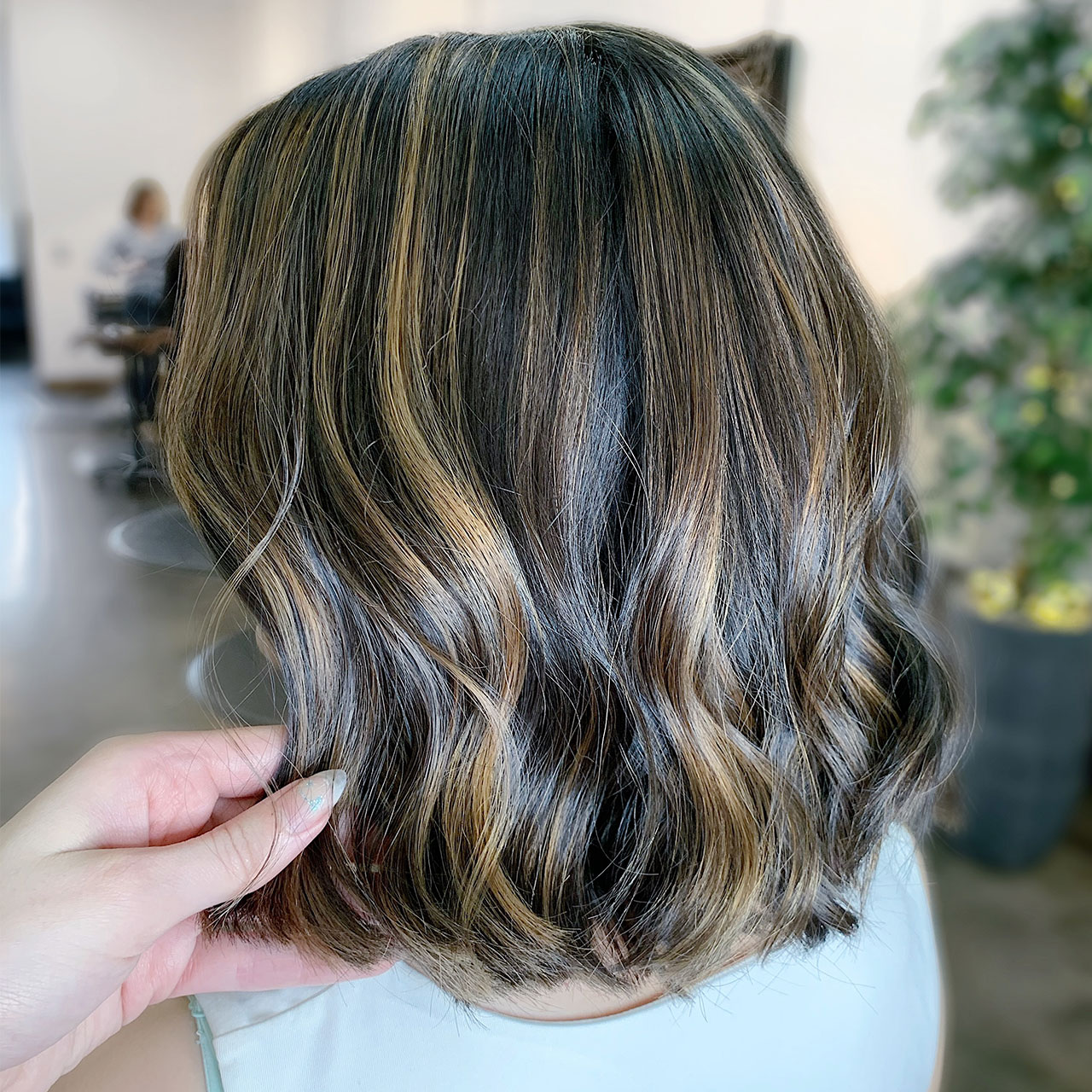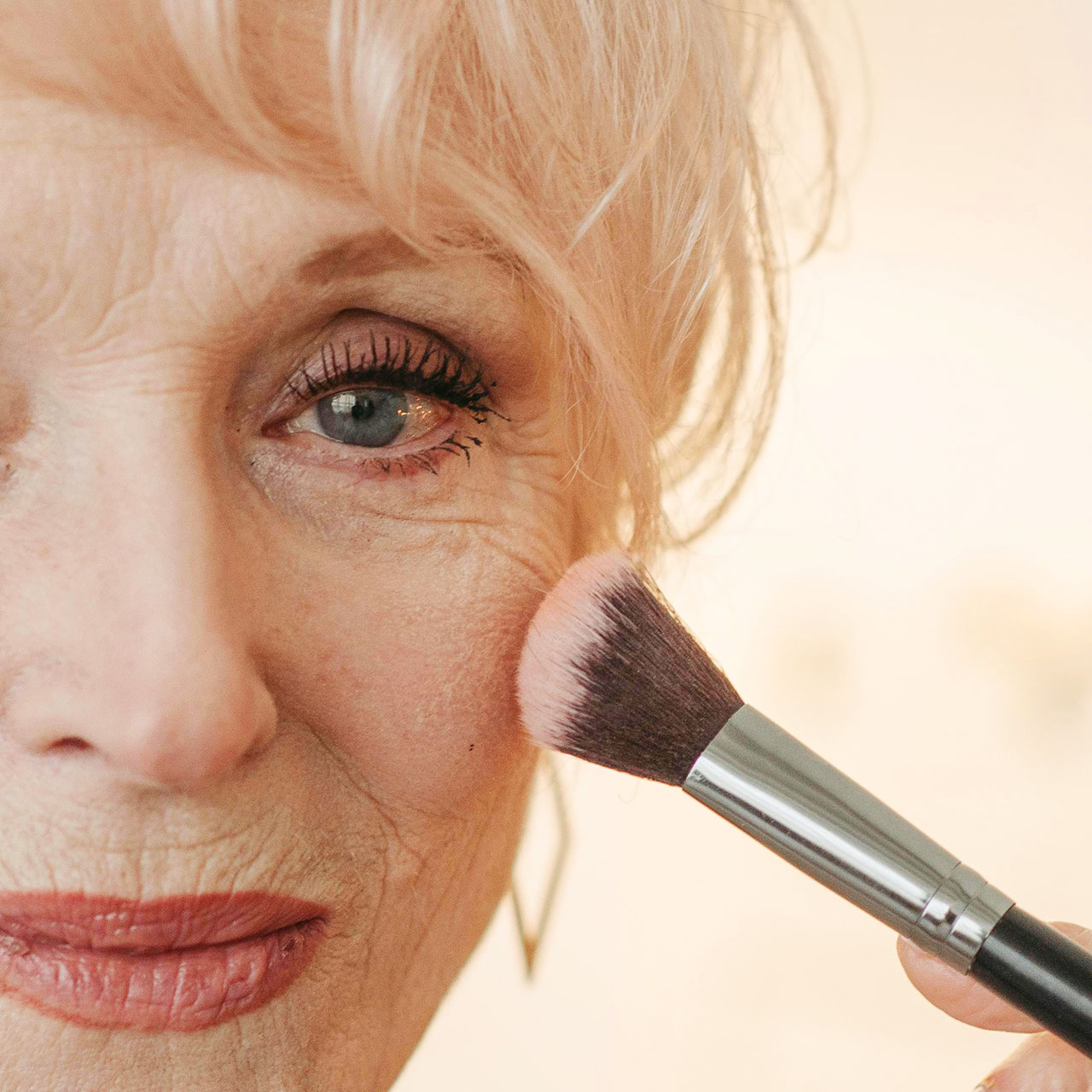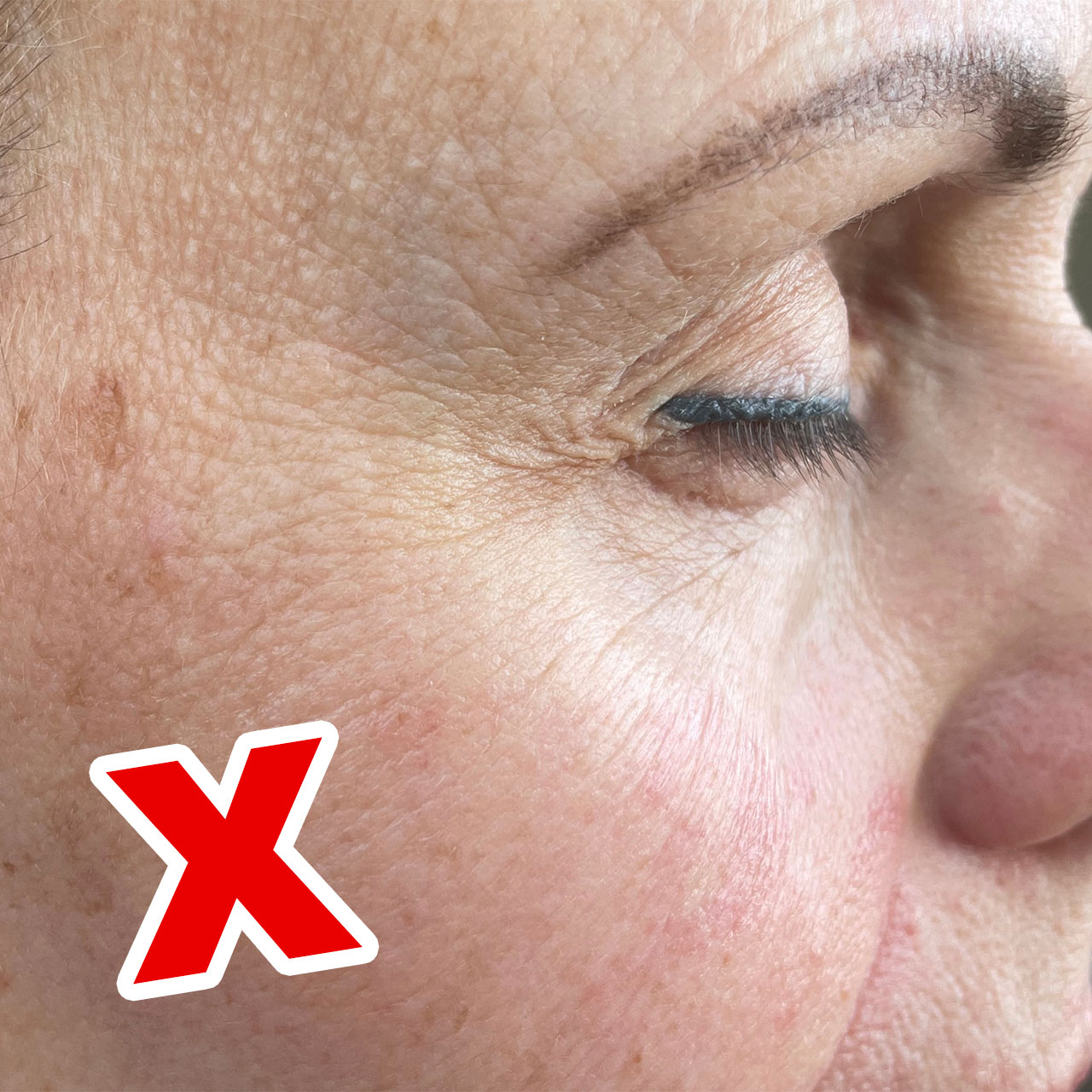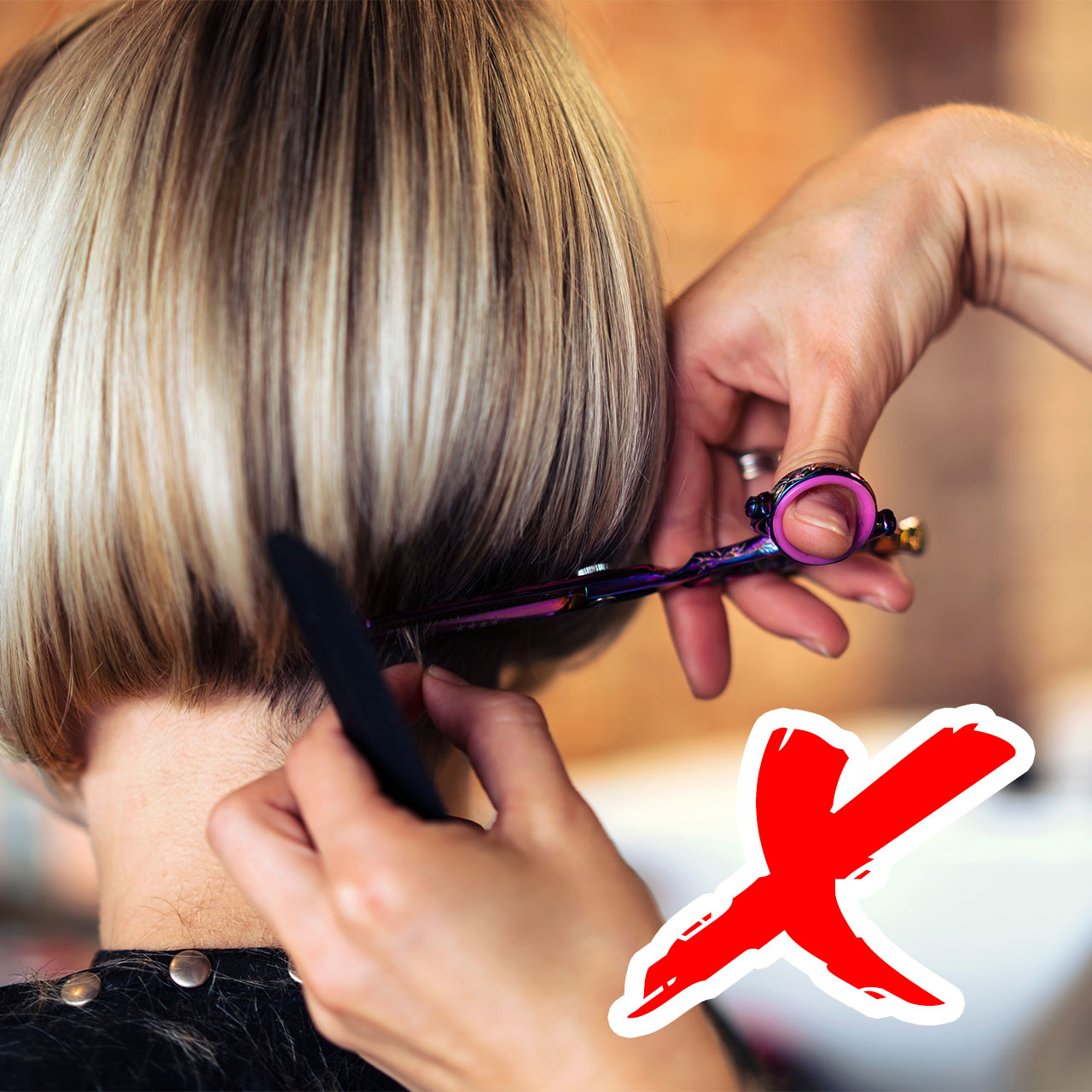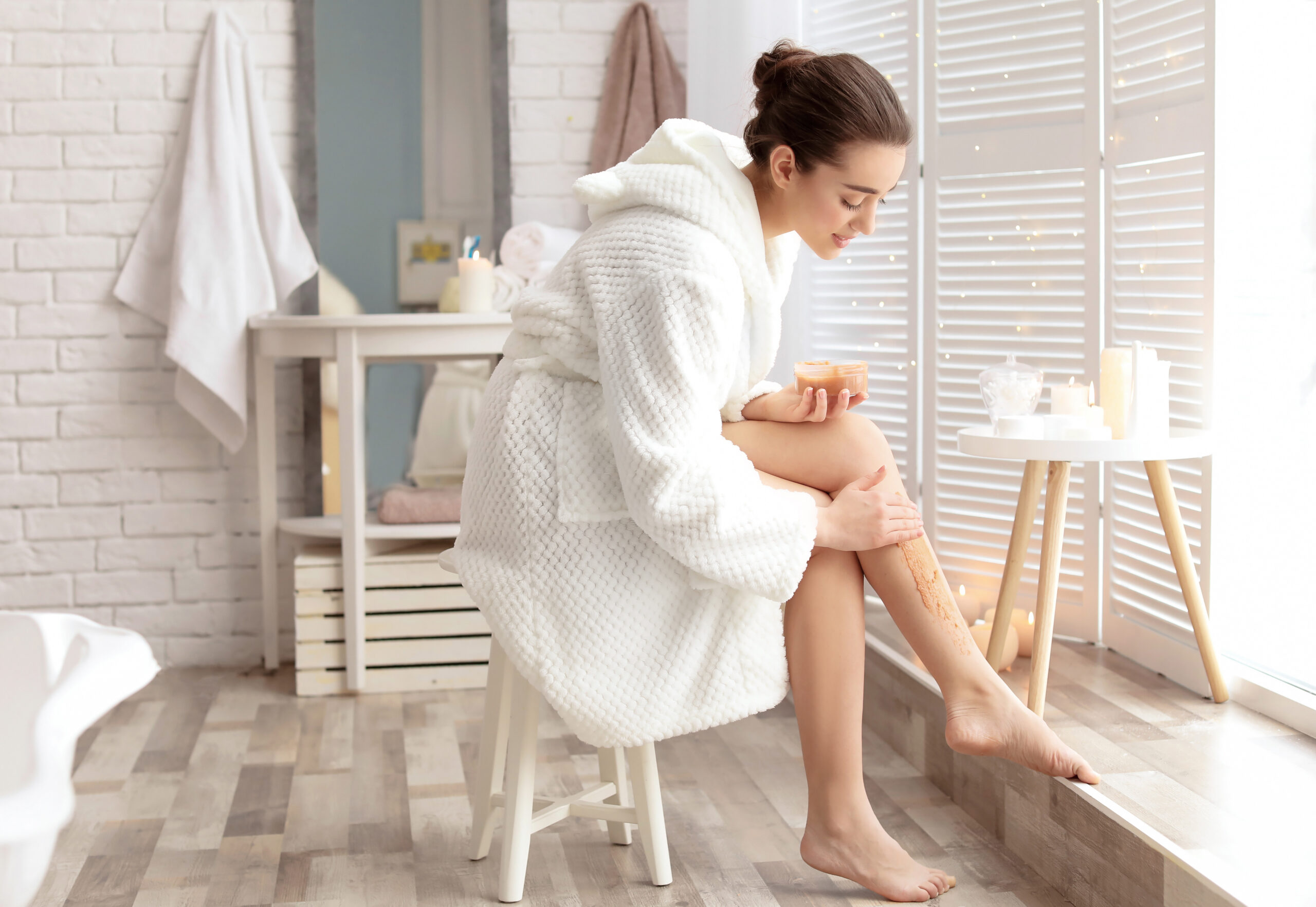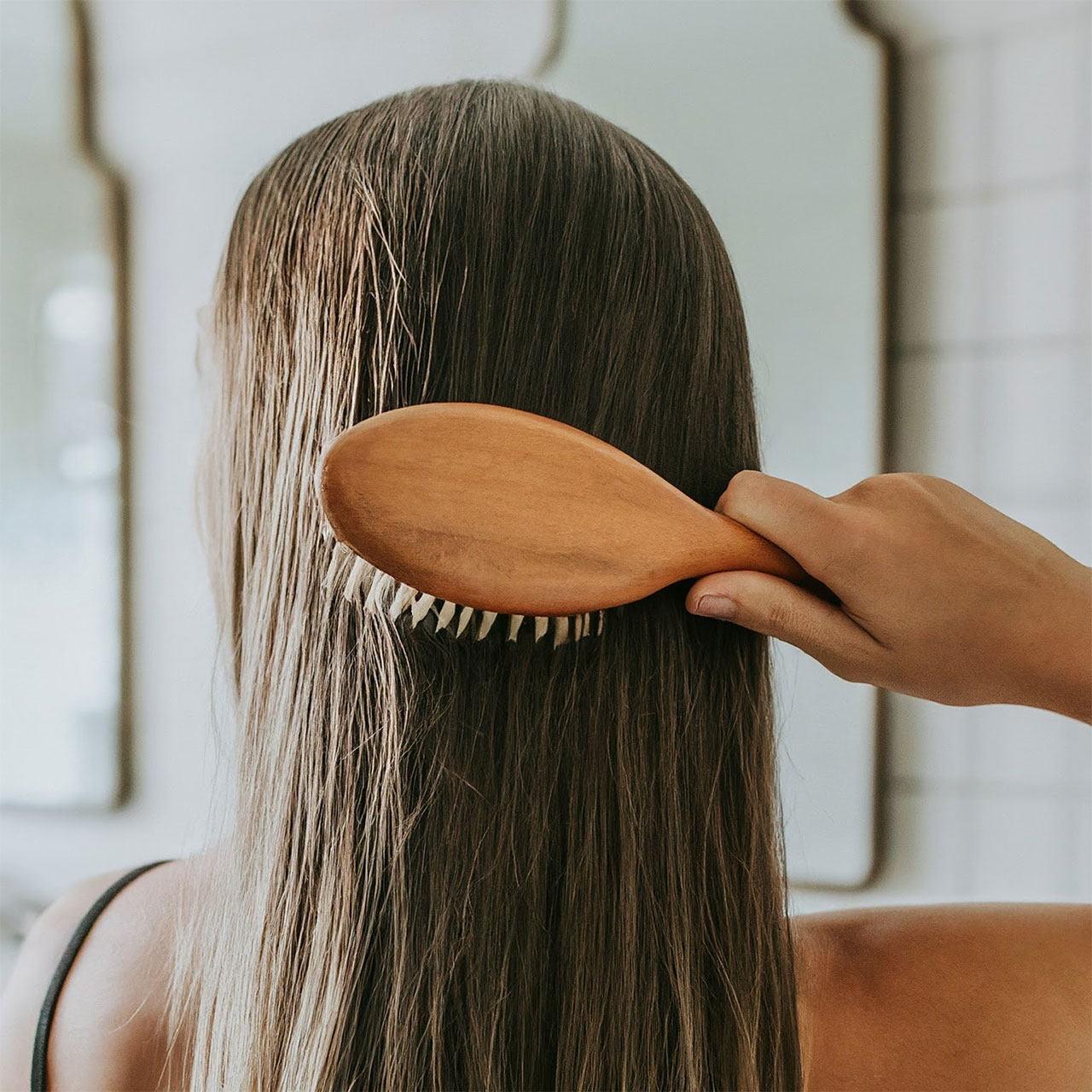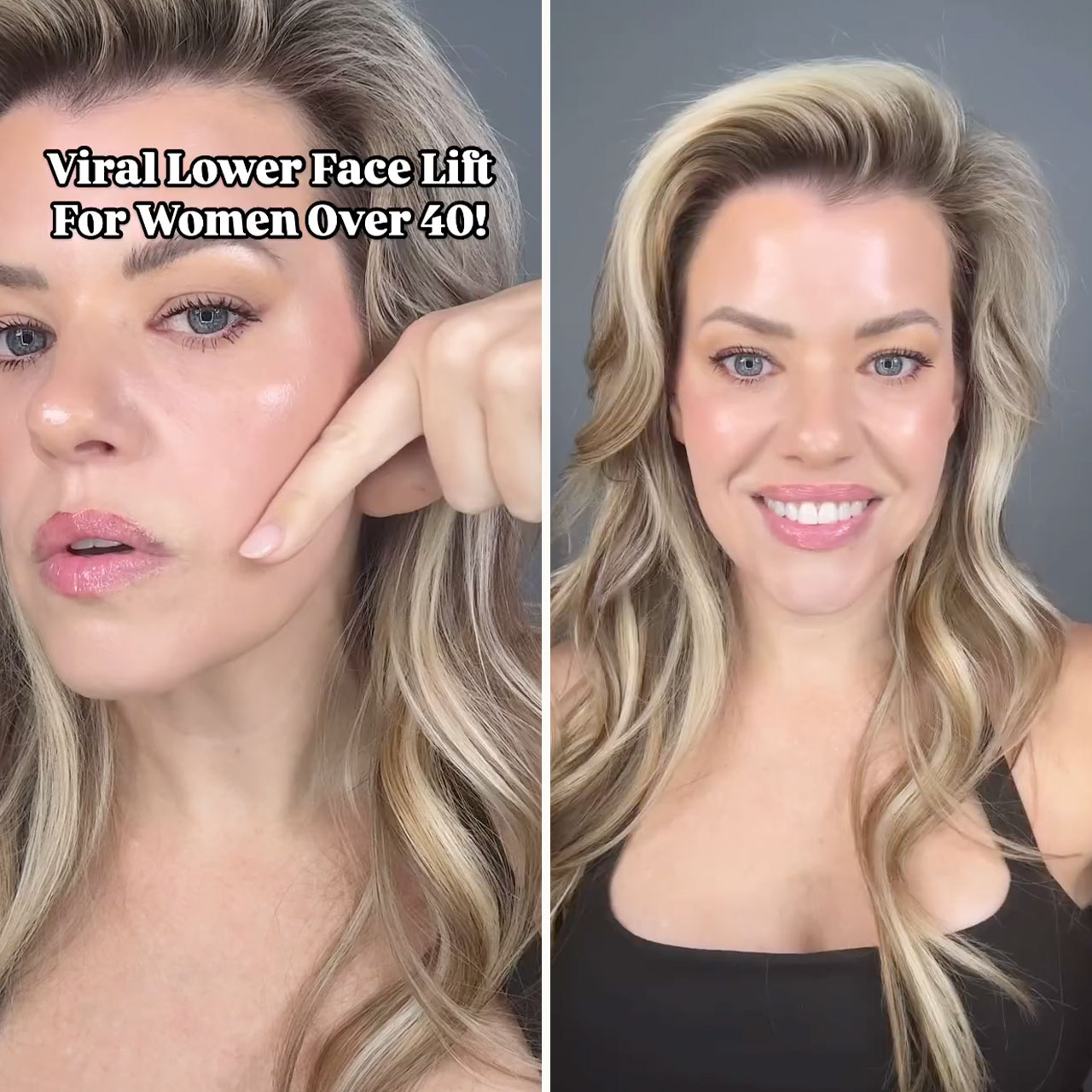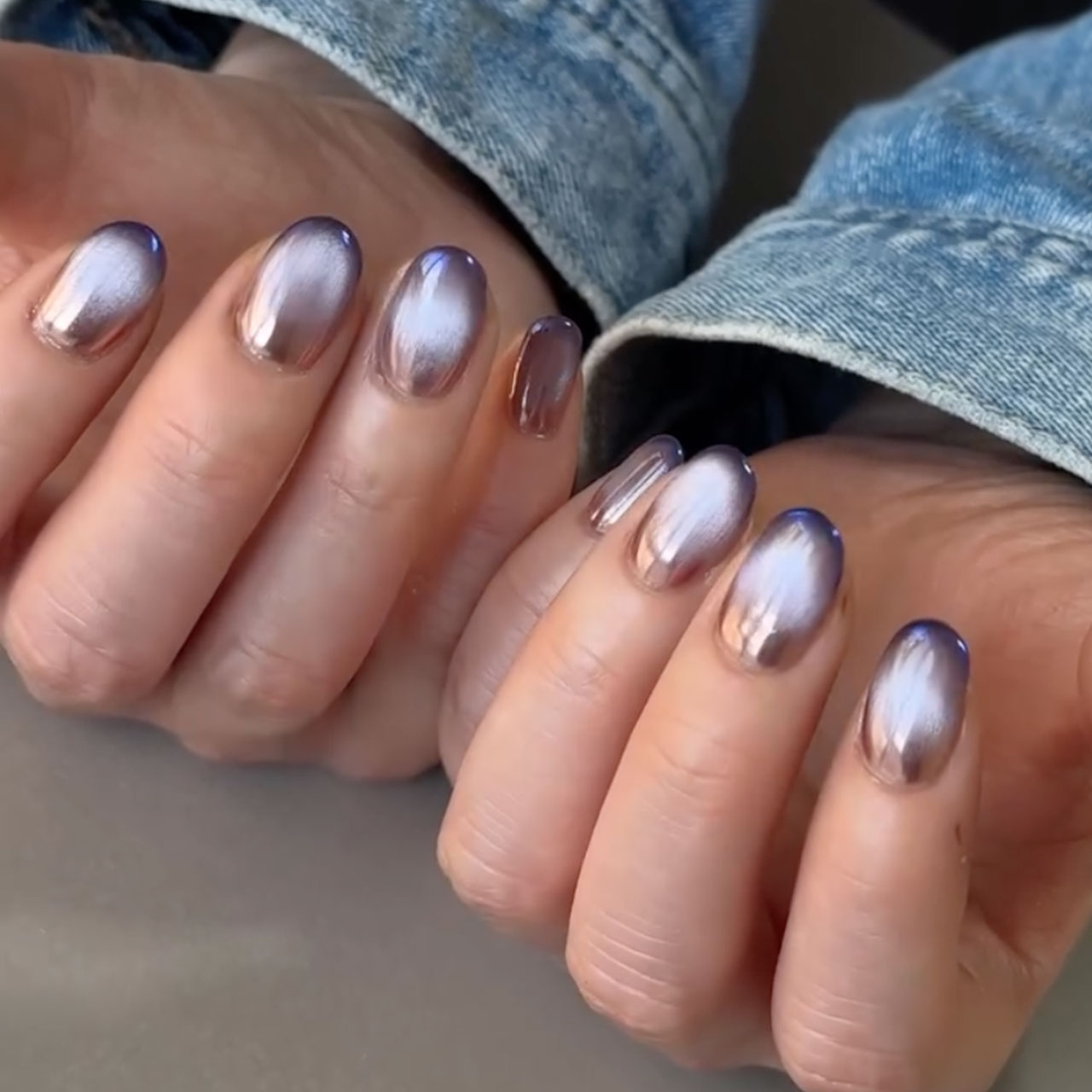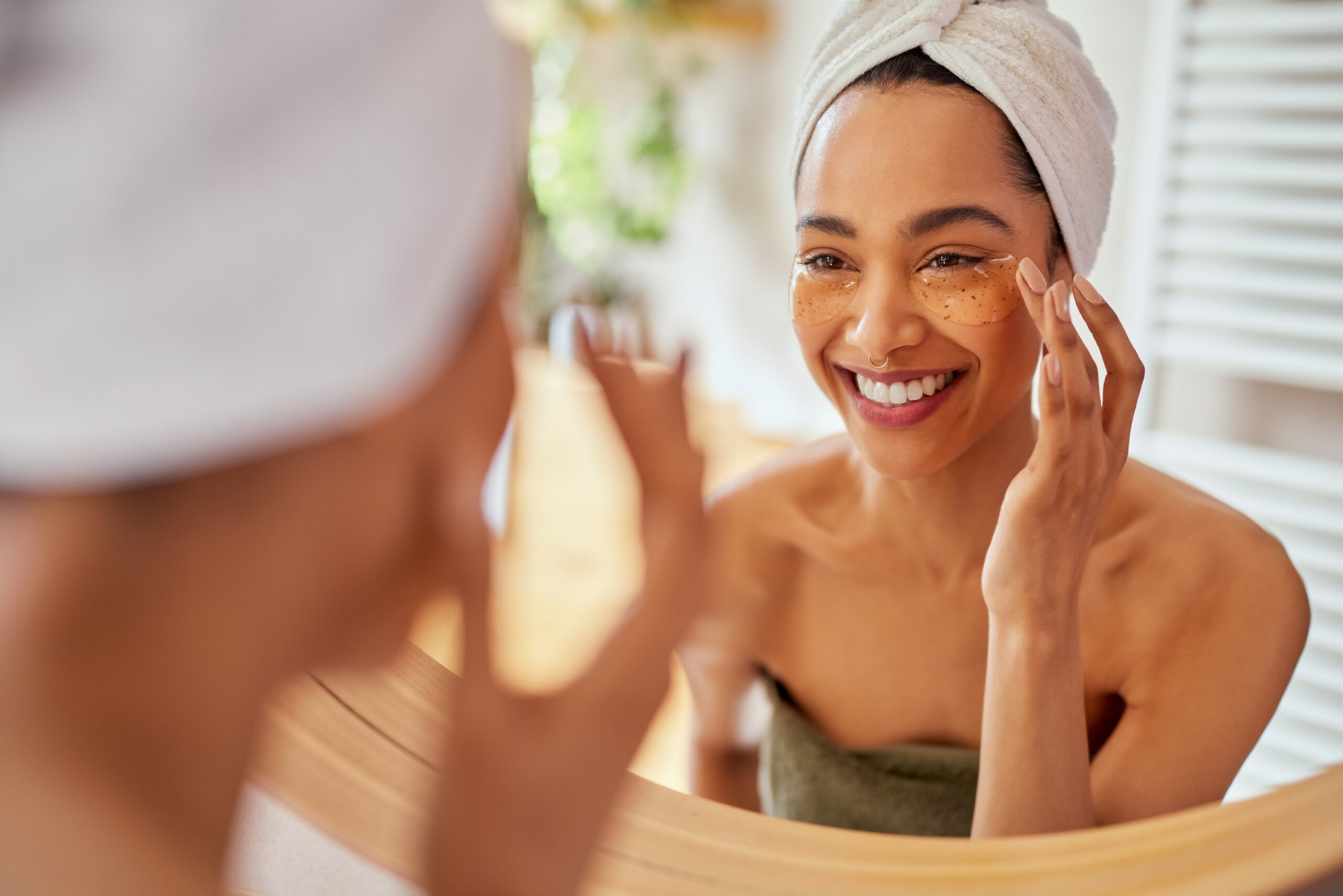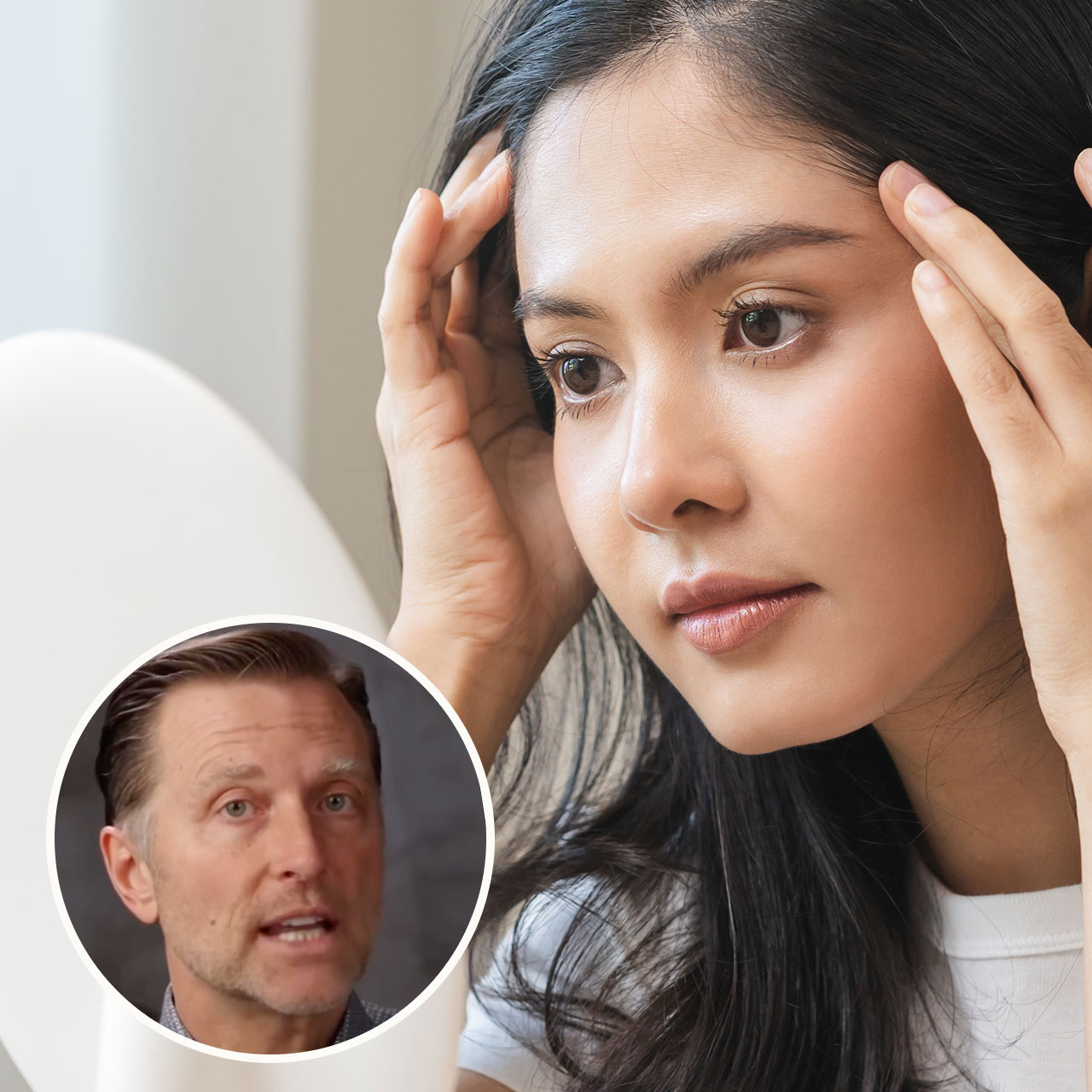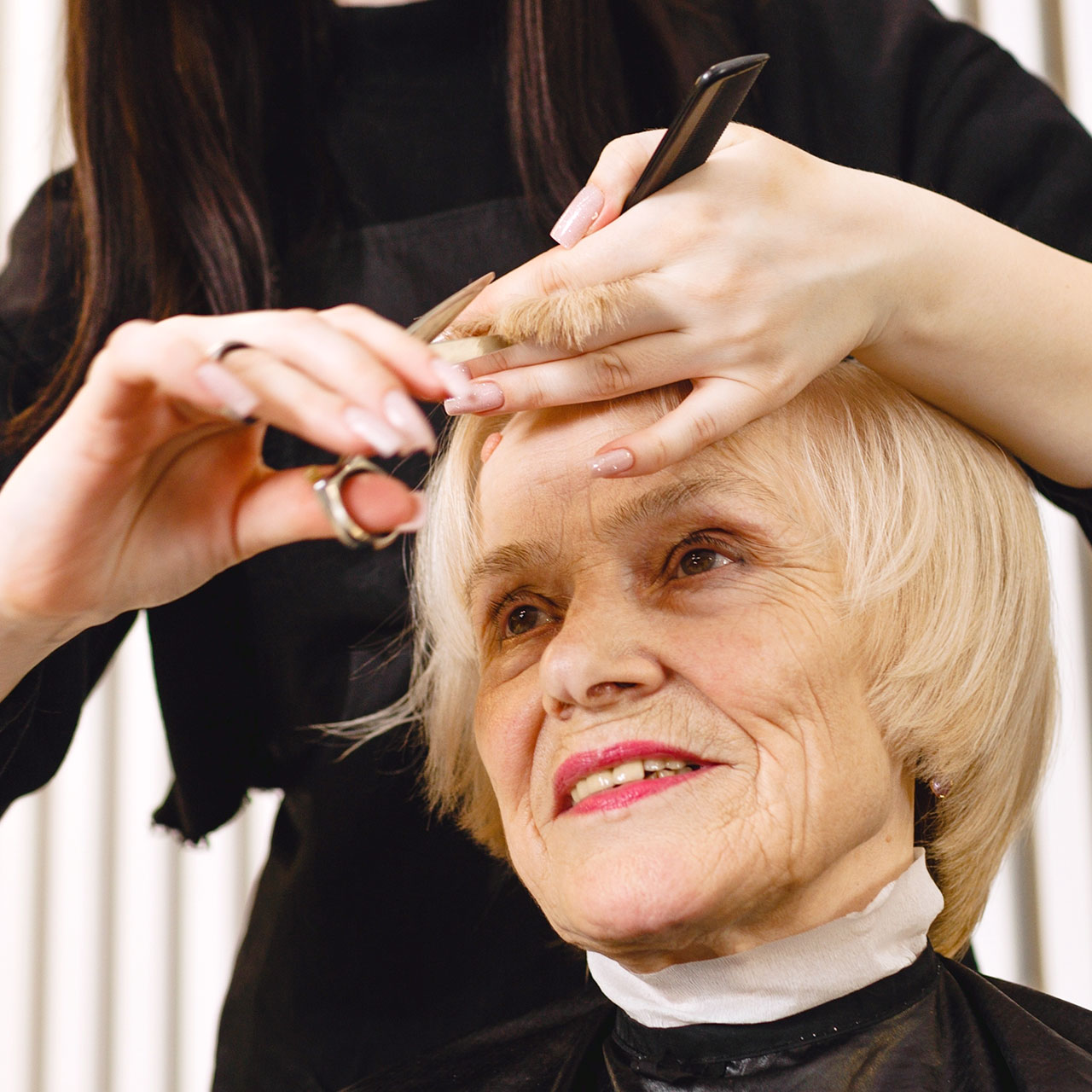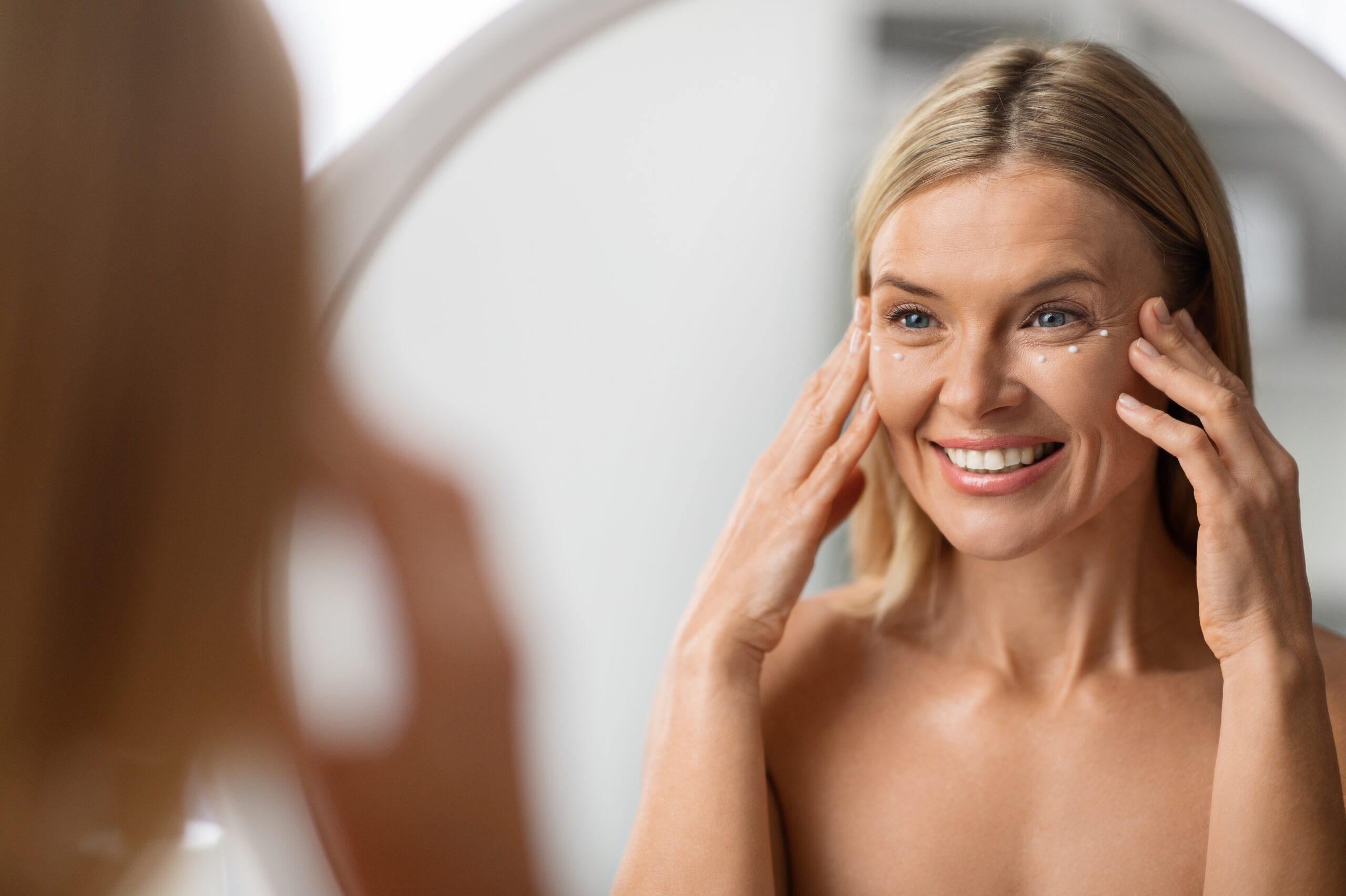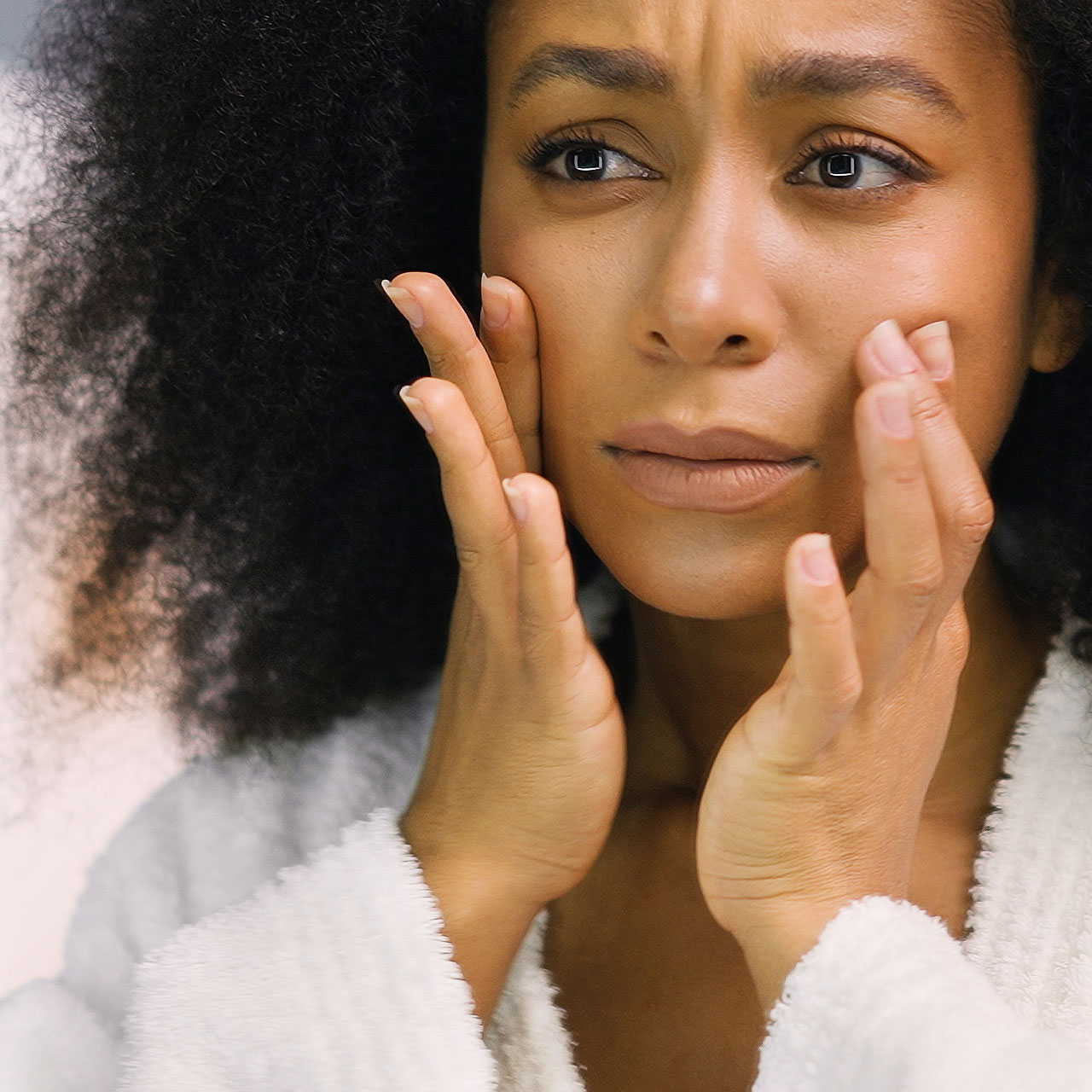Hair loss is a common concern caused by factors like aging, genetics, stress, and nutrient deficiencies. While there’s no magic cure, the right shampoo can play a key role in promoting scalp health, strengthening hair, and reducing shedding. Some shampoos are formulated with ingredients that nourish hair follicles, improve circulation, and support growth. Choosing a shampoo that targets hair loss can help create the ideal environment for healthier, thicker-looking hair over time.
Dr. Dray, a dermatologist and skincare enthusiast, recently shared three of her “top” recommended shampoos that can deliver noticeable results. However, she emphasizes that these shampoos won’t transform your hair overnight.
“They’re not going to turn you into Rapunzel. They won’t dramatically alter the hair growth cycle,” she explains. “However, some medicated shampoos contain active ingredients that address the underlying issues leading to hair follicle miniaturization.”
As we age, hair thinning becomes more noticeable. “Women may find their ponytail isn’t as thick, and their central part appears wider,” Dr. Dray notes. “Meanwhile, men often experience a receding hairline.” She attributes this to androgenetic alopecia, a progressive and chronic hair loss condition. “There’s no cure, but certain treatments, habits, and lifestyle changes can help.”
These shampoos may not fully restore youthful hair volume, but Dr. Dray says they can help reduce scalp exposure and encourage regrowth.

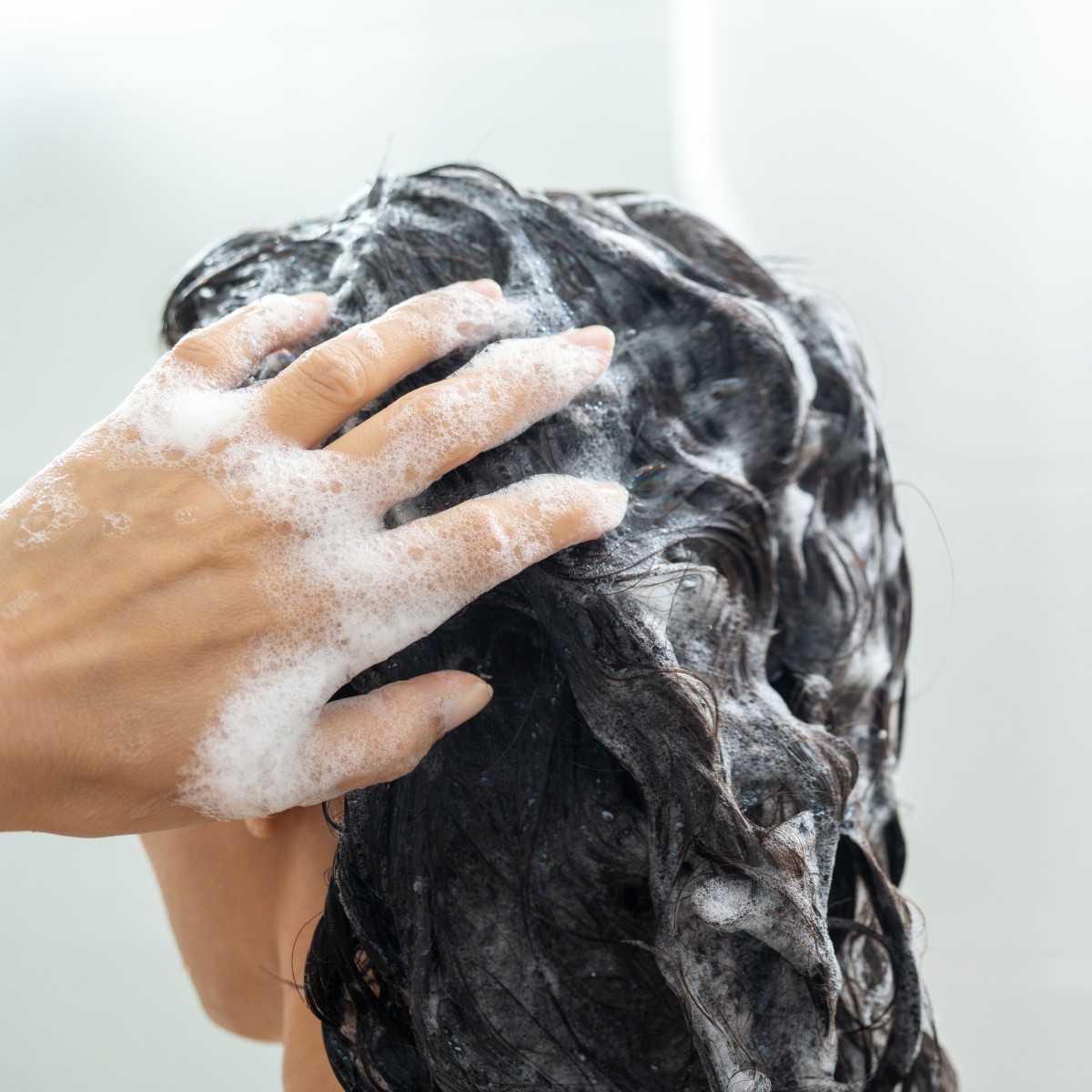
1. Zinc Pyrithione (Found in Head & Shoulders Shampoo)
Zinc pyrithione is known for its antifungal properties, making it effective in reducing dandruff. However, it also helps combat inflammation caused by Malassezia yeast, which can contribute to hair follicle miniaturization.
“By using a zinc pyrithione anti-dandruff shampoo, you support better scalp health,” says Dr. Dray. “Studies show that patients using these shampoos see improvements in hair growth, thickness, and density.”
She recommends using it two to four times a week, but if you shampoo less frequently, incorporating it even once a week can still be beneficial.

2. Ketoconazole (Found in Nizoral Shampoo)
Ketoconazole shampoo is available over the counter at 1% strength or by prescription at 2%. It helps reduce yeast-related inflammation on the scalp while also having anti-androgen properties, making it particularly useful for androgenetic alopecia.
“Ketoconazole inhibits the enzyme 5-alpha reductase, which converts testosterone into dihydrotestosterone (DHT), a potent androgen responsible for hair follicle miniaturization,” Dr. Dray explains. “By blocking this enzyme, ketoconazole may slow hair loss and even promote regrowth.”
Studies also show that patients using ketoconazole shampoo experience better results when combining it with minoxidil. She recommends using it two to four times a week, but warns that Nizoral can be drying for some hair types.
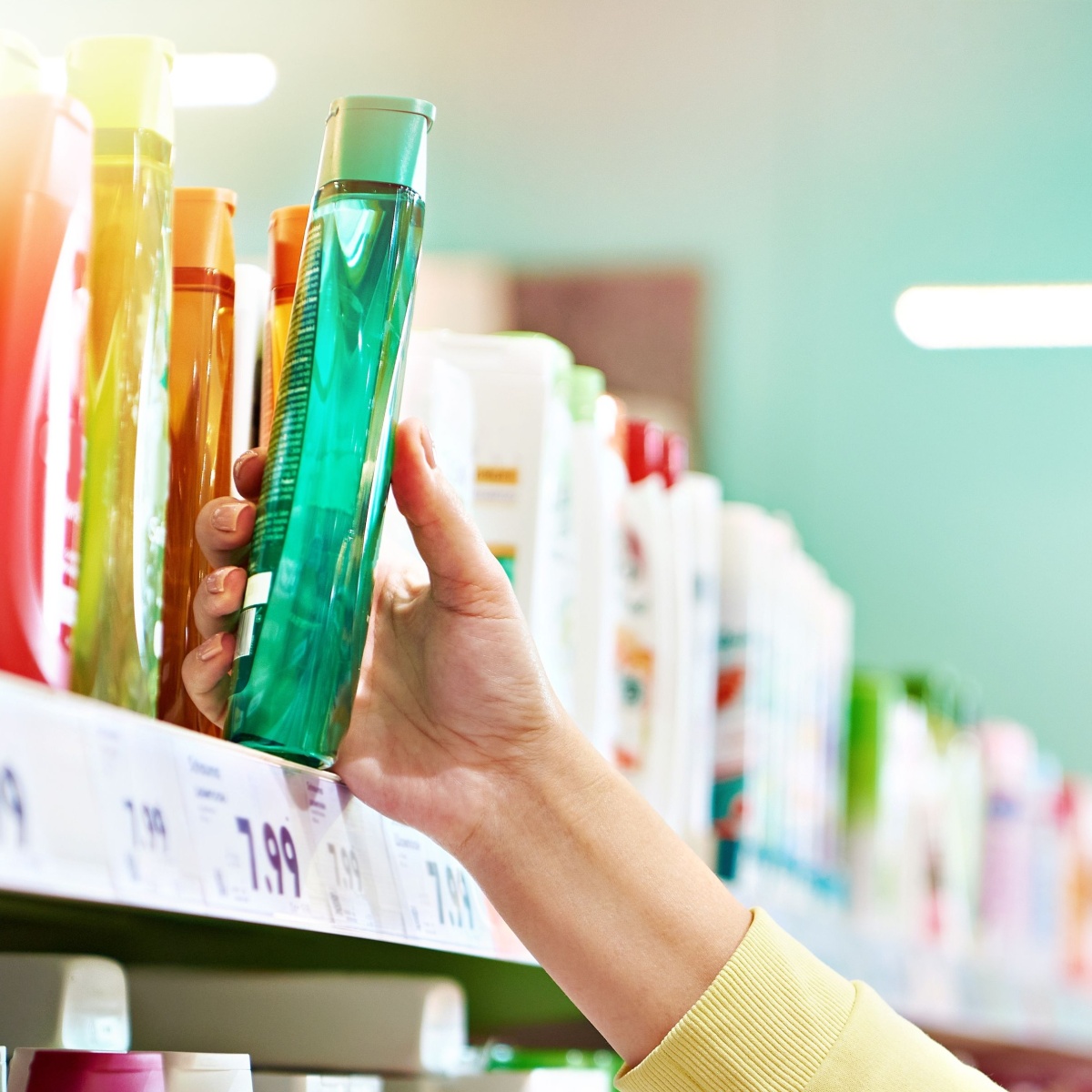
3. Alpecin (Caffeine Shampoo)
Caffeine isn’t just for coffee—it’s also commonly used in skincare and haircare products for its antioxidant properties.
“Caffeine helps reduce oxidative stress, which can contribute to inflammation and hair follicle miniaturization,” says Dr. Dray. “It’s unique because it efficiently penetrates and localizes in the hair follicle, creating a ‘depot effect’ where it remains active.”
Additionally, caffeine inhibits phosphodiesterase, an enzyme that affects hair follicle cell metabolism. By blocking this enzyme, caffeine increases cyclic AMP levels, which "support healthy cell function and hair growth."
In clinical studies, Alpecin was used daily for maximum benefit, but Dr. Dray reassures that even if you can’t shampoo daily, using it consistently can still help support hair health.
While these shampoos won’t completely reverse hair loss, incorporating them into your routine can support scalp health, slow hair thinning, and enhance regrowth over time.


